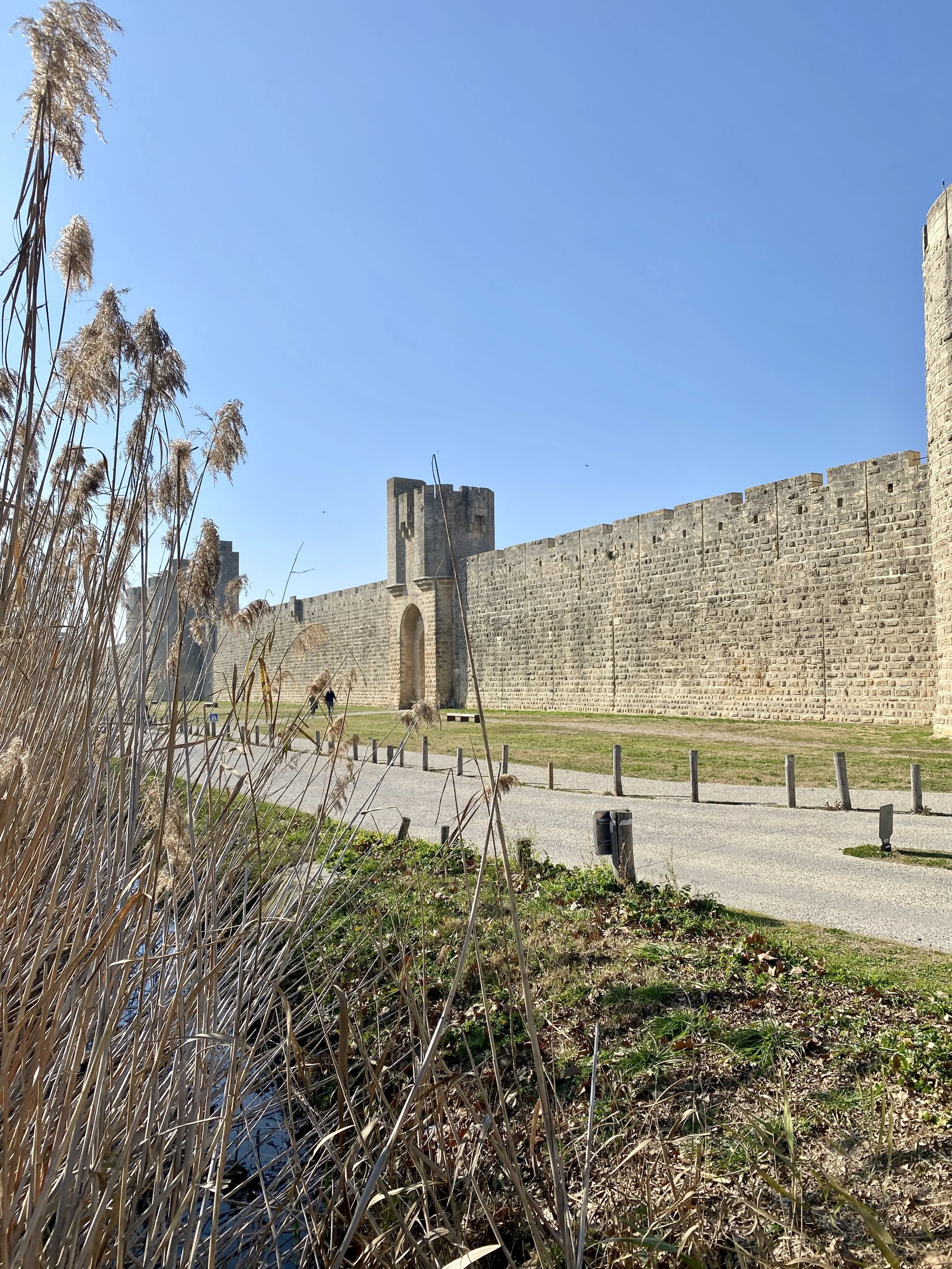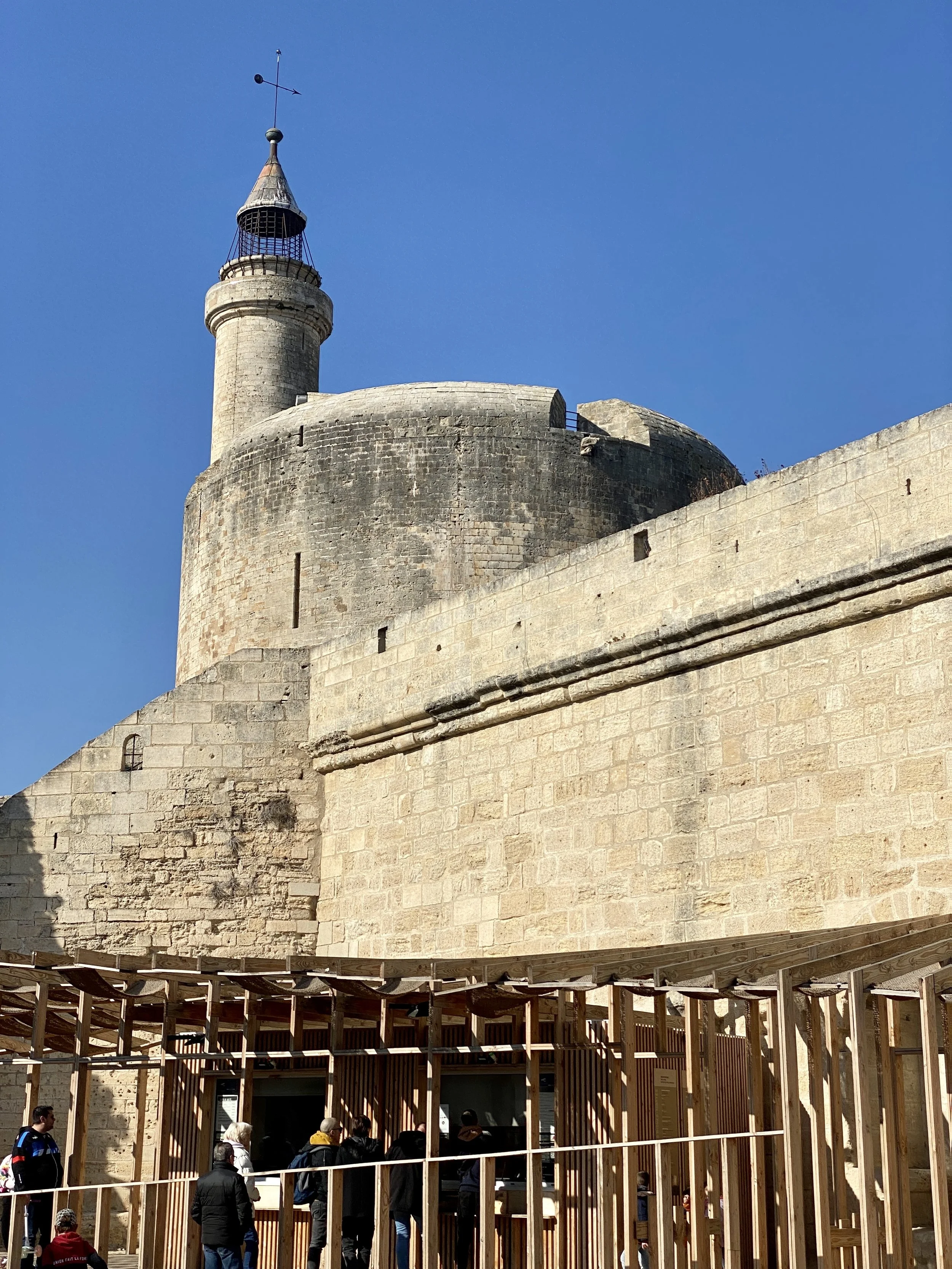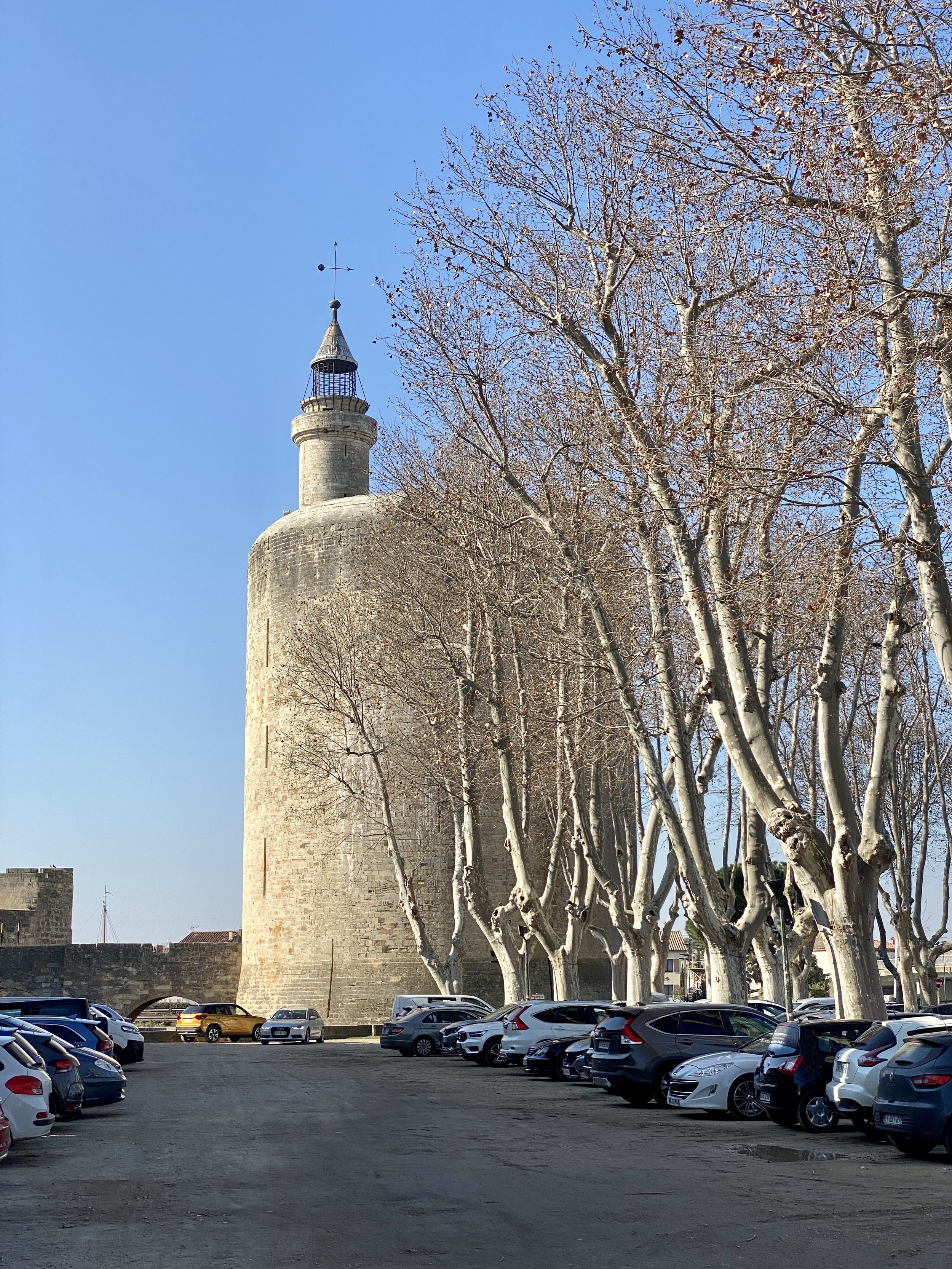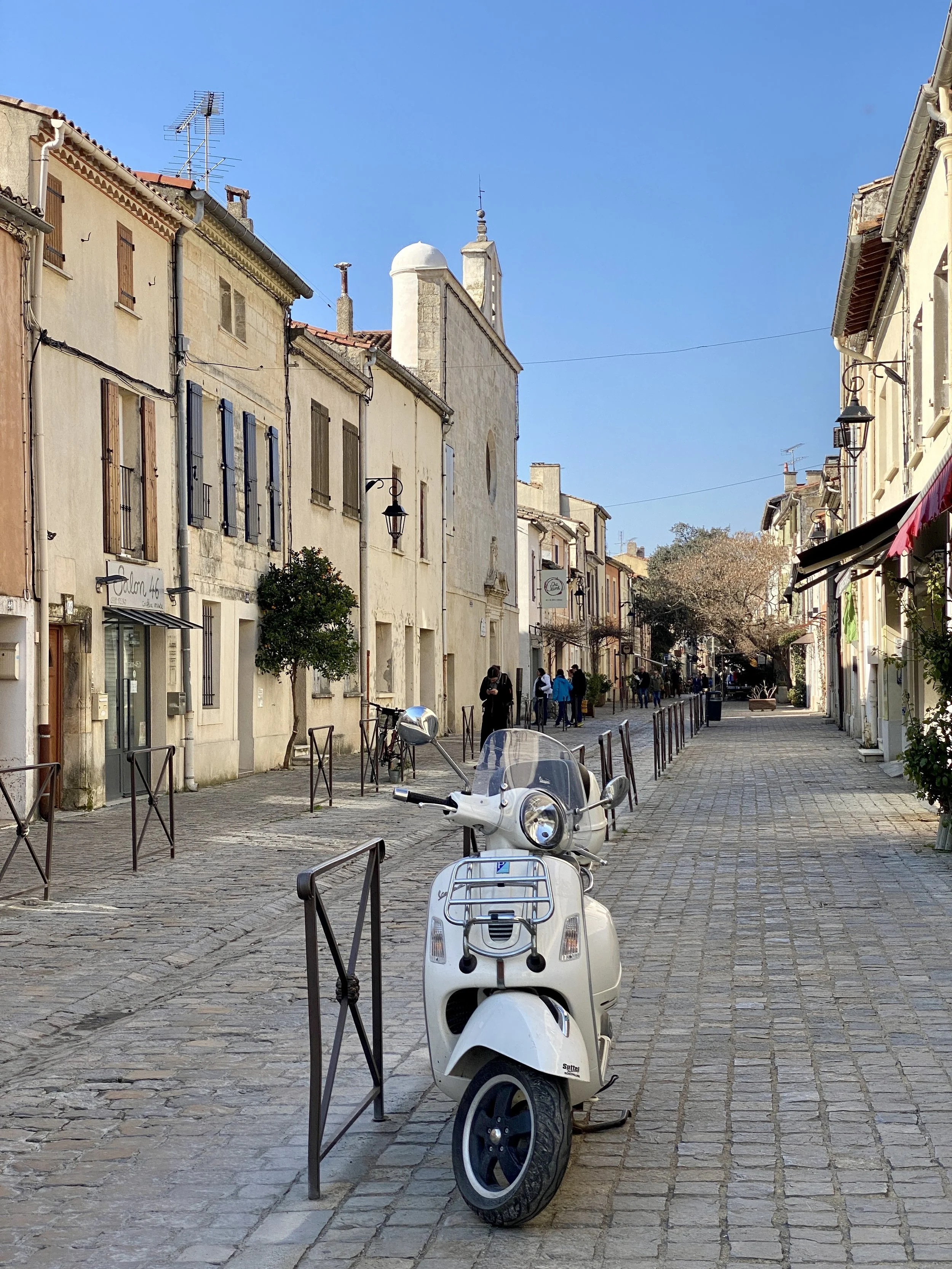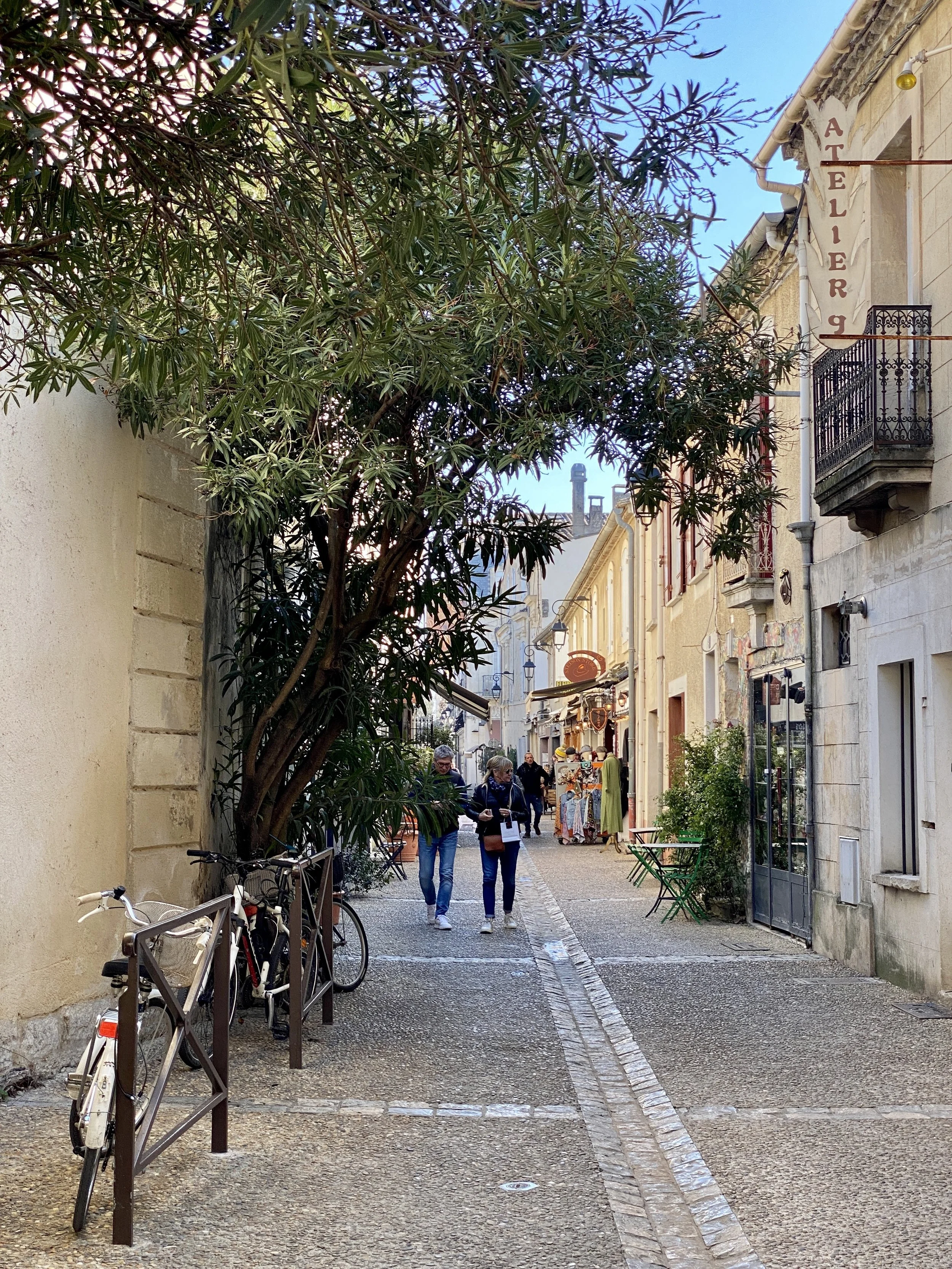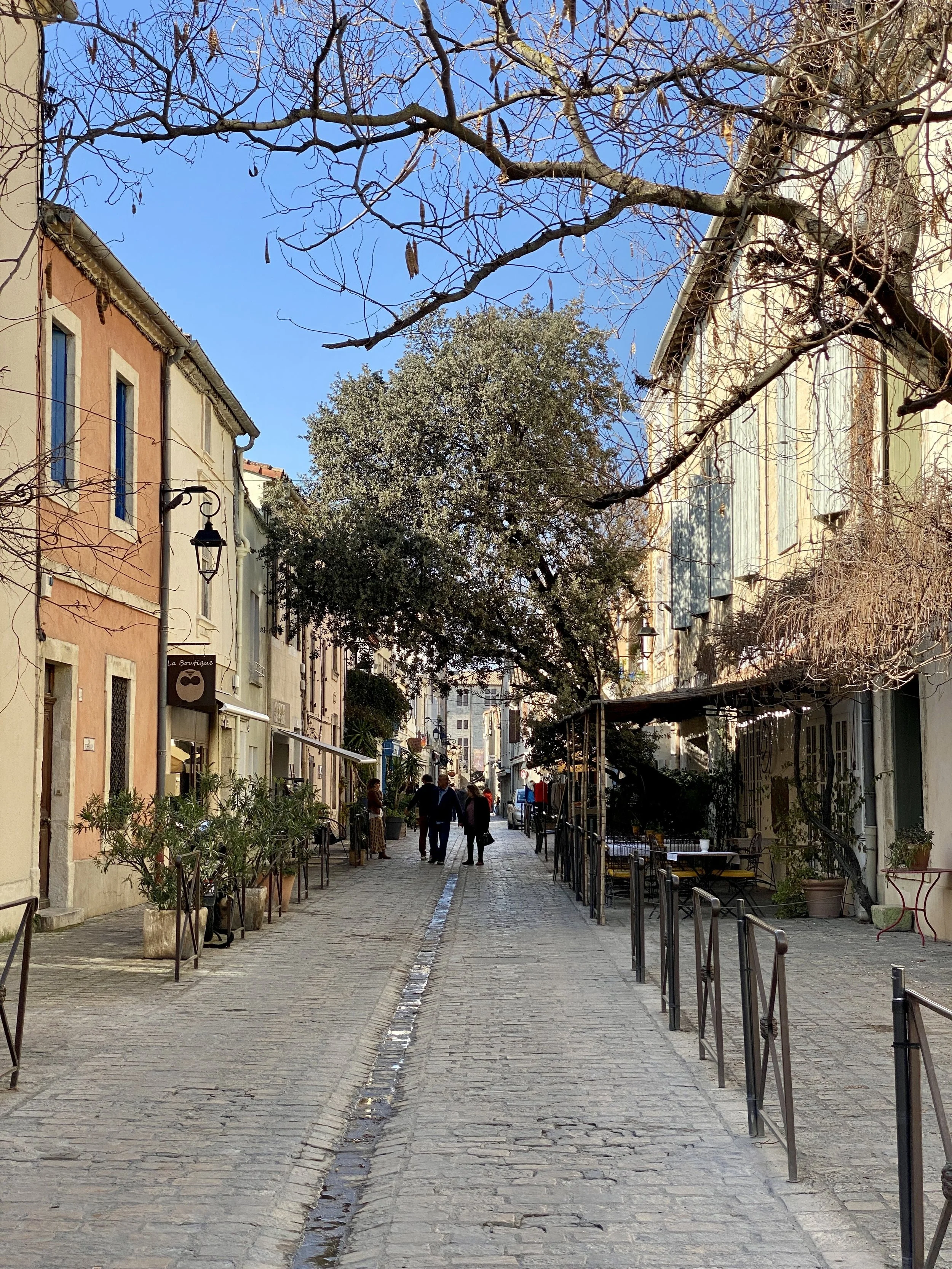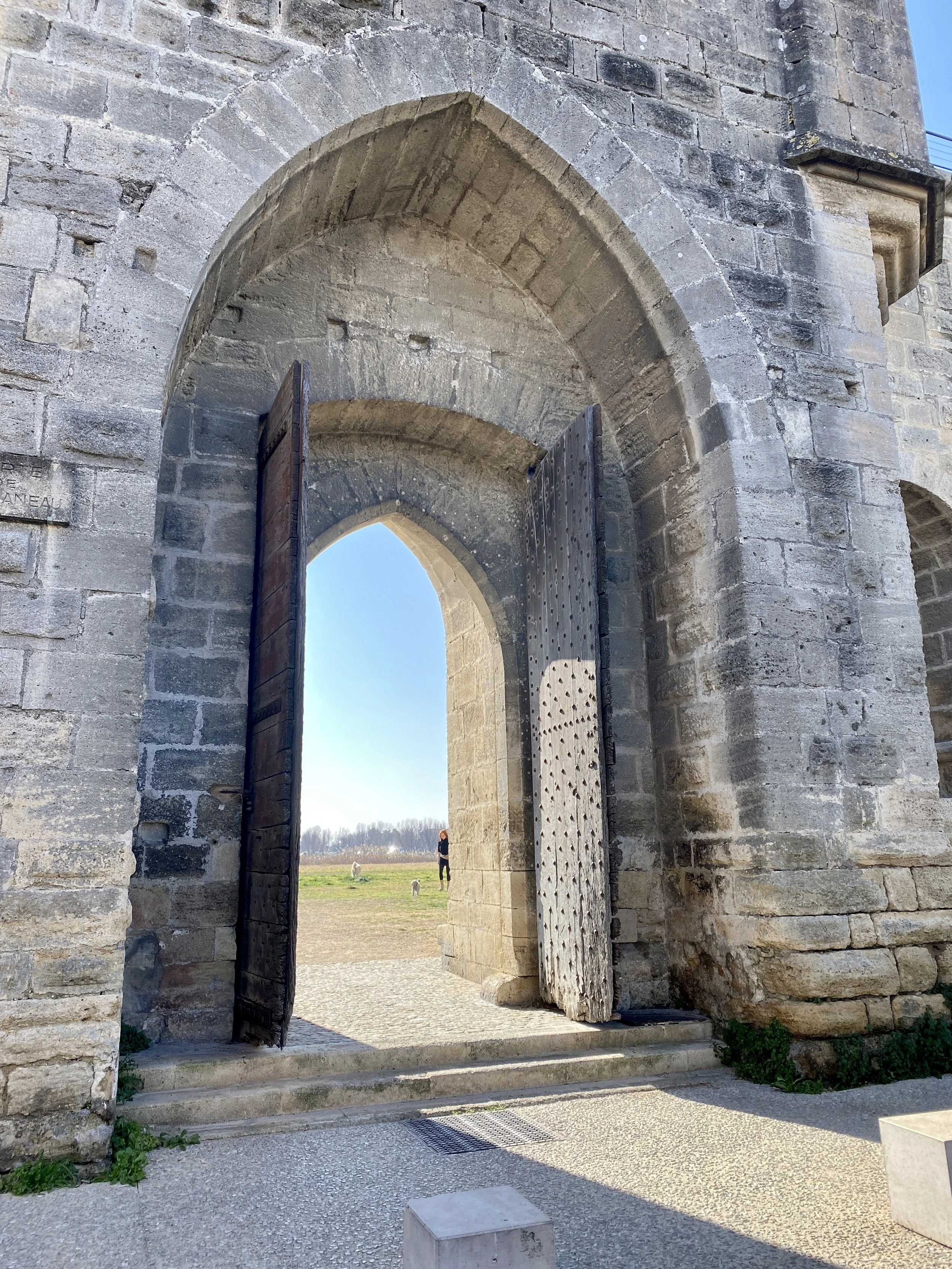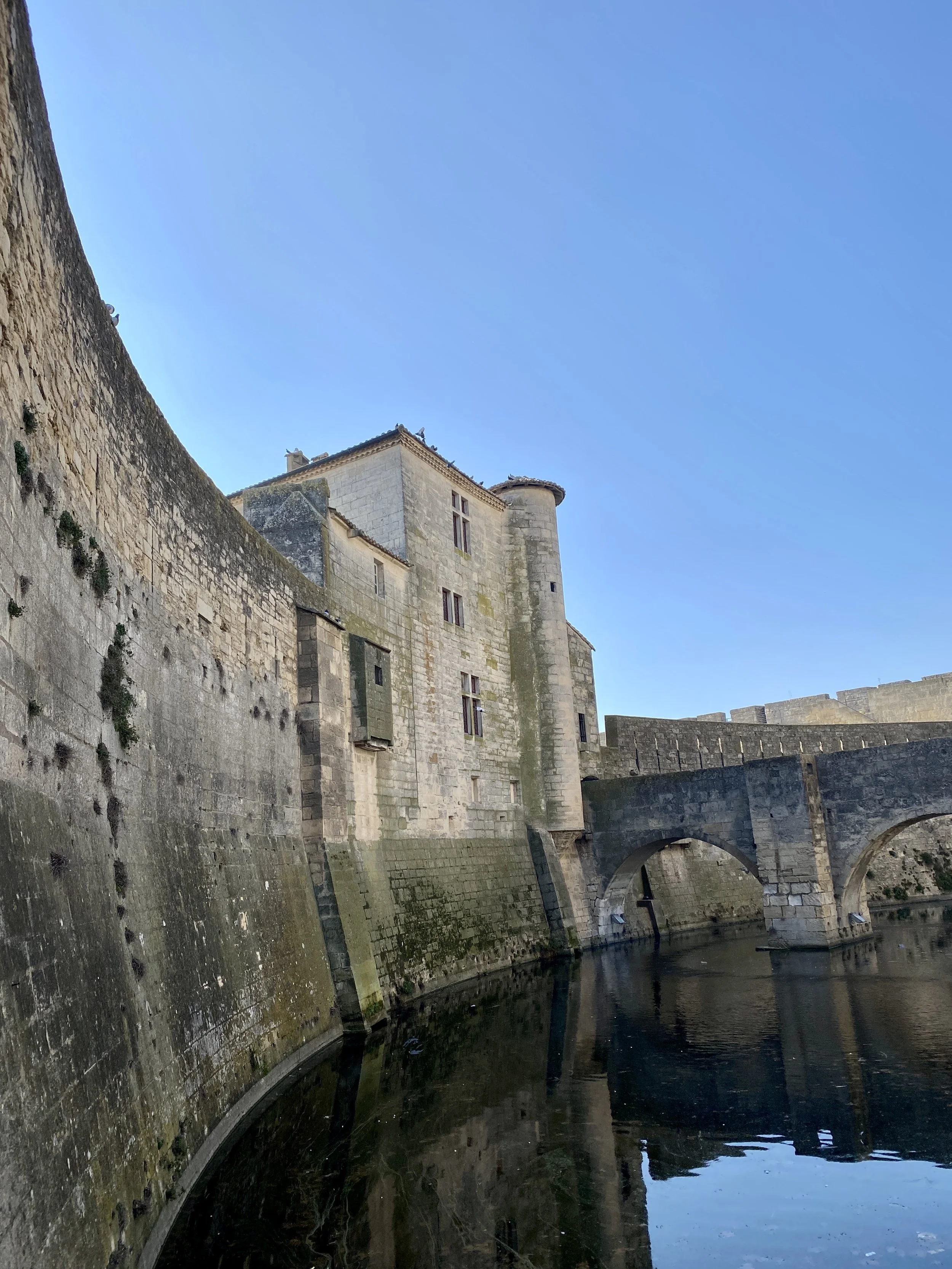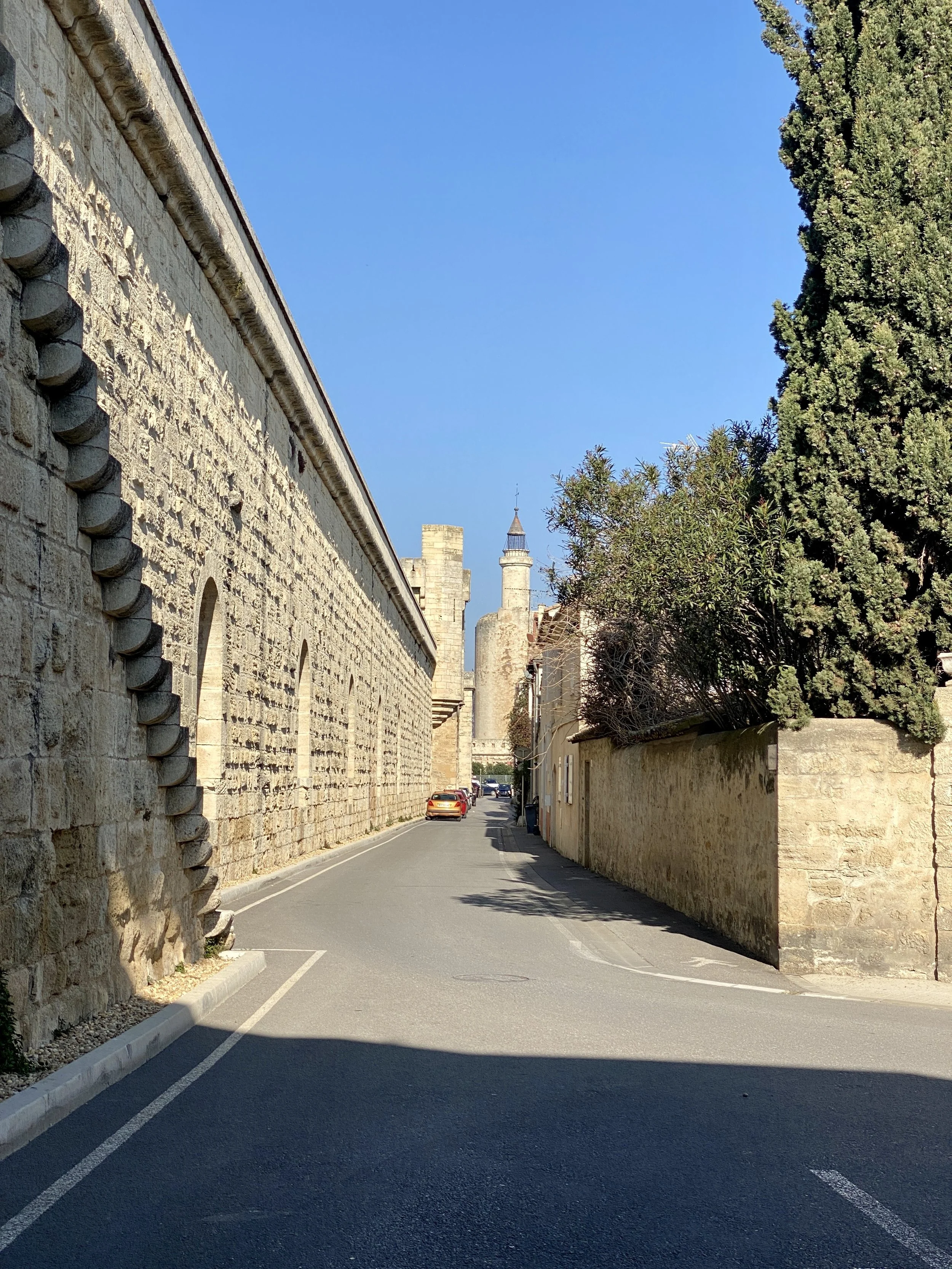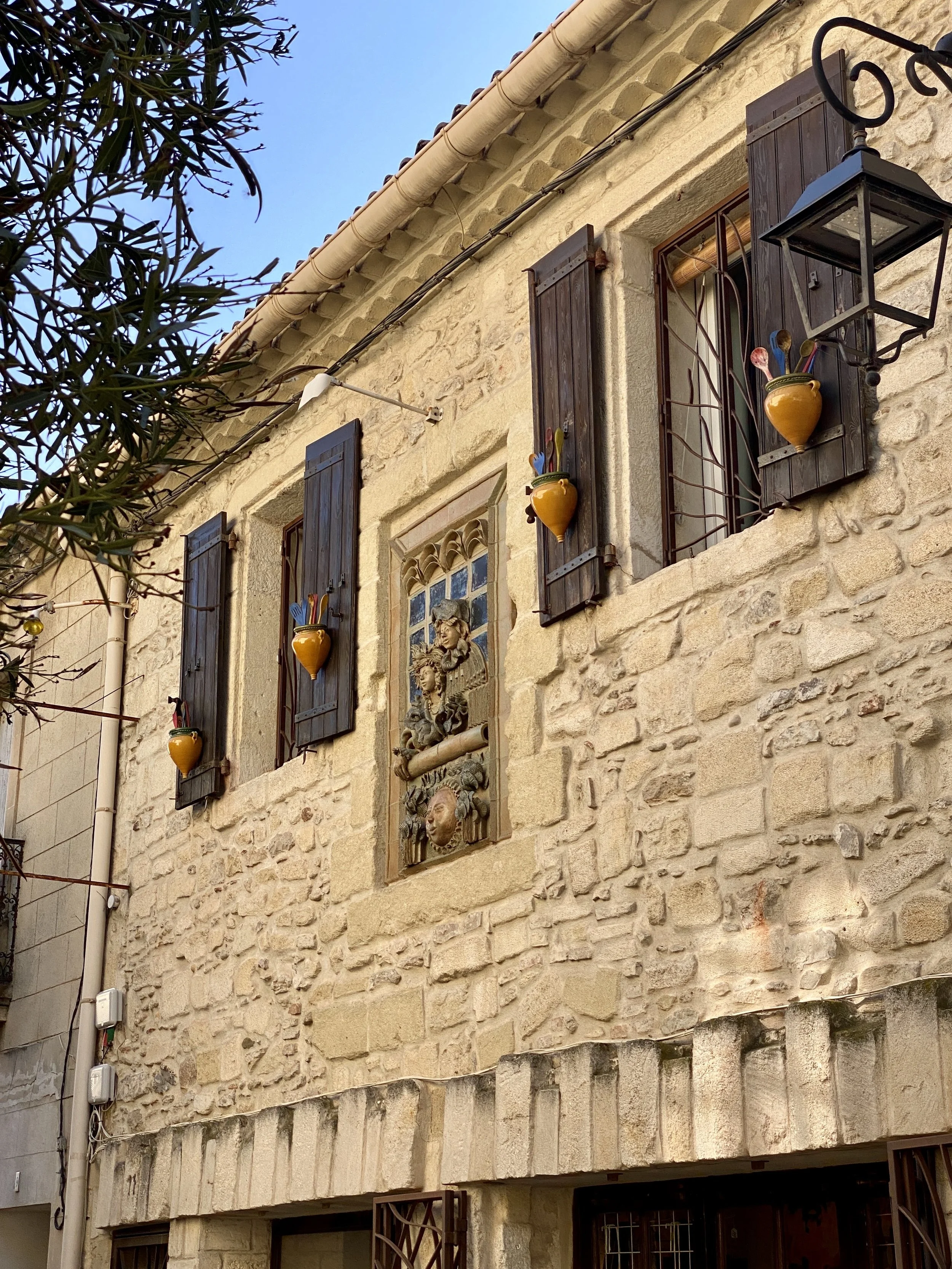Aigues Mortes: A Medieval Walled City in Southern France, A Journey through Time
Aigues Mortes is a medieval fortified city located in the south of France, in the department of Gard. It is a unique destination that offers visitors an insight into the country’s history, architecture, and culture. From the stunning medieval walls to the beautiful churches and the vibrant markets, Aigues Mortes has something for everyone. This blog post will explore the city’s history, culture, and top attractions.
History of Aigues Mortes
Aigues Mortes has a rich history that dates back to the 13th century. The city was founded by King Louis IX, also known as Saint Louis, in 1240. The king built the city as a port and military base to provide access to the Mediterranean Sea. The city's location was strategic as it was located on a lagoon that provided access to the sea and protection from the land.
The city’s name, Aigues Mortes, means "dead waters" in French. It refers to the salty lagoons surrounding the city, which do not support much marine life. During the Middle Ages, the town was a busy port, with ships from all over Europe to trade goods. However, the port became less important over time, and the city began to decline.
Aigues Mortes became famous in the 13th century as the starting point for two of the most famous Crusades. King Louis IX set sail from the city to the Holy Land, where he participated in the Seventh Crusade. Later, in 1270, he sailed from Aigues Mortes to go to Tunisia, where he participated in the Eighth Crusade. These events put the city on the map and brought significant attention.
Throughout its history, Aigues Mortes has been the site of many conflicts. During the Hundred Years' War between England and France, the city was under siege several times. In the 16th century, the Huguenots attacked the town during the French Wars of Religion. However, despite these conflicts, the city continued to grow and develop.
Culture of Aigues Mortes
Aigues Mortes has a vibrant culture influenced by its long and rich history. The city has been shaped by many different cultures over the years, including Roman, Visigoth, and Arab. Today, the city is known for its traditional festivals and local cuisine.
One of the most important festivals in Aigues Mortes is the Fête de la Saint-Louis, which takes place every August. This festival celebrates the city’s patron saint, Saint Louis, and includes various activities such as parades, bullfights, and fireworks. The festival is a great way to experience the local culture and immerse yourself in the city’s traditions.
The city is also famous for its cuisine, which is heavily influenced by the local seafood. One of the most famous dishes in Aigues Mortes is the bourride, a type of fish stew made with various kinds of fish, potatoes, garlic, and saffron sauce. Another popular dish is the tielle, a pie filled with seafood and tomato sauce. The city also has many local wines, including the Aigues Mortes blanc and rouge.
Top Attractions in Aigues Mortes
Aigues Mortes has many attractions that are worth visiting. From the stunning medieval walls to the beautiful churches, the city offers visitors a chance to step back in time and explore its rich history and culture.
Medieval Walls
One of the most iconic landmarks in Aigues Mortes is the medieval walls that surround the city. The walls were built in the 13th century and are incredibly well-preserved. They are made of stone and stretch more than 1.6 kilometers around the city. Visitors can walk along the top of the walls and enjoy stunning city views and the surrounding landscape. The walls also have several towers and gates, including the Constance Tower, a giant tower used as a prison during the Middle Ages.
Notre-Dame-des-Sablons
Notre-Dame-des-Sablons is a beautiful Gothic church located in the heart of Aigues Mortes. The church was built in the 14th century and is known for its stunning stained glass windows dating back to the 15th century. The church also has a beautiful rose window and several impressive statues. Visitors can take a guided tour of the church or attend a service.
Saint-Louis Church
The Saint-Louis Church is another impressive church located in Aigues Mortes. The church was built in the 13th century and is named after the city’s founder, King Louis IX. The church has stunning Gothic architecture and several beautiful stained-glass windows. Visitors can take a guided tour of the church or attend a service.
Salt Marshes
The salt marshes are a unique attraction located just outside of Aigues Mortes. The wetlands have been used for salt production for centuries and are still used today. Visitors can take a guided tour of the marshes and learn about the region's salt production history. The wetlands also have various wildlife, including flamingos and other birds.
Market
The market is an integral part of daily life in Aigues Mortes. The market takes place every Wednesday and Sunday and features a variety of local products, including fresh seafood, produce, cheese, and wine. In addition, the market is a great place to experience the local culture and try some of the region’s delicious food.
FACTS ABOUT AIGUES MORTES
The city was founded by King Louis IX of France in 1240 and was a strategic port for trading with the Middle East.
Aigues Mortes is home to several historical monuments, including the 12th-century Tour de Constance, the 13th-century walls, the 14th-century castle, and the 16th-century Church of Notre Dame des Sablons.
The city also has picturesque canals, colorful buildings, shops, and restaurants.
The nearby salt marshes surrounding the place are popular attractions for spotting birds, such as flamingos and egrets, and offer a peaceful setting for a stroll.
The city is well known for its excellent cuisine, which features a variety of seafood dishes.
Several festivals throughout the year, including the Fête des Guardians, celebrate the region's traditional bullfighting culture.
Conclusion
Aigues Mortes is a unique destination that allows visitors to explore the country’s history, culture, and architecture. The city has something for everyone, from the stunning medieval walls to the beautiful churches and the vibrant markets. The city’s rich history, influenced by many different cultures, is reflected in its traditional festivals and local cuisine. So whether you are interested in history, architecture, or food, Aigues Mortes is a destination that should not be missed.


